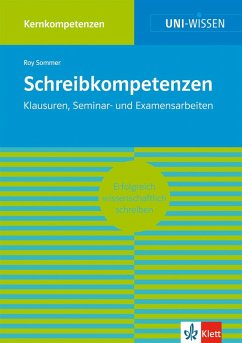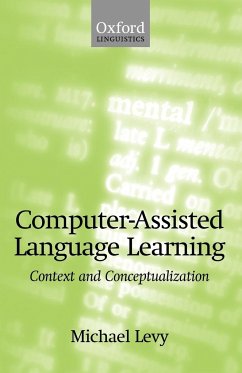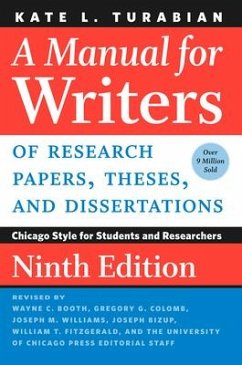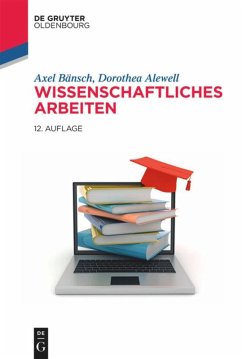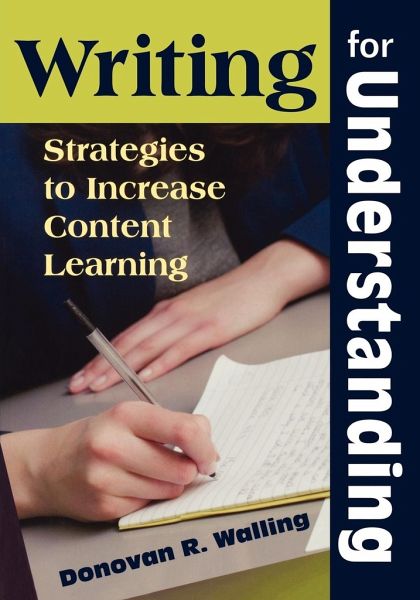
Writing for Understanding
Strategies to Increase Content Learning
Versandkostenfrei!
Versandfertig in 1-2 Wochen
28,99 €
inkl. MwSt.

PAYBACK Punkte
14 °P sammeln!
Writing for Understandingáfocuses onáusing writing as an instructional tool for increasing studentsÆ understanding of content. Written for non-language arts teachers, the book provides approaches that are applicable from the upper elementary grades through high school.This resource gives teachers information and practical strategies to include student writing lessons in their instructional repertoire with specific attention to lessons that: Are content-specific across the curriculum or adaptable to various subject matter Increase student learning without the expectation that teachers will b...
Writing for Understandingáfocuses onáusing writing as an instructional tool for increasing studentsÆ understanding of content. Written for non-language arts teachers, the book provides approaches that are applicable from the upper elementary grades through high school.This resource gives teachers information and practical strategies to include student writing lessons in their instructional repertoire with specific attention to lessons that: Are content-specific across the curriculum or adaptable to various subject matter Increase student learning without the expectation that teachers will be, or become, experts in writing instruction Do not unreasonably increase teachersÆ workloads









